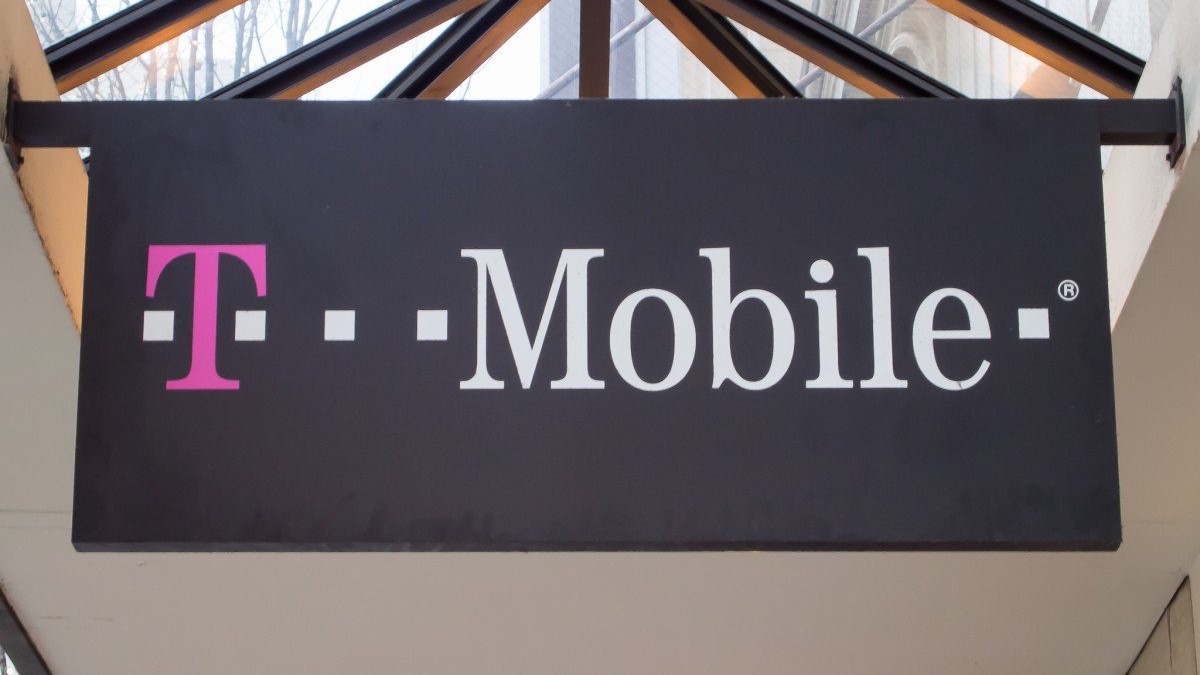
What you need to know
- T-Mobile is buying most of U.S. Cellular's wireless operations for $4.4 billion with an additional debt of $2 billion.
- The deal aims to improve mobile service, especially 5G access in rural areas.
- U.S. Cellular customers can retain their current plans or switch to T-Mobile, which could offer lower prices and more benefits.
- The acquisition comes just after T-Mobile agreed to purchase Mint Mobile and Ultra Mobile.
T-Mobile announced on Tuesday (May 28) that it will acquire almost all of U.S. Cellular's wireless operations, including wireless customers and stores, as well as certain specified spectrum assets.
The carrier said they sealed the deal for about $4.4 Billion. T-Mobile will get around 30% of U.S. Cellular's wireless spectrum, and this deal aims to improve connectivity across the board, especially for those living in remote rural areas. The carrier says that closing this deal will provide U.S. customers nationwide access to the fastest 5G and roaming network, also in areas where the network was previously limited.
"The Un-carrier is all about shaking up wireless for the good of consumers and this deal is another way for us to continue doing even more of that," says T-Mobile CEO Mike Sievert. U.S. Cellular is said to retain 70 percent of its wireless spectrum and towers, leasing space of around 2,100 additional towers to T-Mobile.
Laurent Therivel, CEO of U.S. Cellular, adds that the transaction will provide its customers "access to better coverage and speeds, as well as unlimited texting in more than 215 countries, content offers, device upgrades, and other T-Mobile benefits."
For now, U.S. Cellular customers still have the choice to stick to their current plans or move to an unlimited T-Mobile plan with no switching costs, which includes Un-carrier benefits such as streaming and free international data roaming.
If all goes as planned, the deal is expected to close in mid-2025.
What does this mean for other phone carriers?

This acquisition could mean a few things for other cellular carriers in the U.S. wireless market, one of which is potentially lower prices. With T-Mobile's bigger coverage area, it might pressure other companies like AT&T and Verizon to offer competitive prices and offers to customers in order to retain them.
"As customers from both companies will get more coverage and capacity from our combined footprint, our competitors will be forced to keep up – and even more consumers will benefit," Sievert added.
An analyst from Wedbush Securities analyst told the Associated Press that "the U.S. consumer has less choice, but there is more competition, and this could drive prices lower."
However, on the flip side, if T-Mobile monopolizes the market, especially in places where other networks lack coverage, such as rural areas, it might be tough for the company to offer competitive prices on the pretext of being the only player in the market. Recently, T-Mobile told customers on legacy plans that they would be charged more per line as a result of "rising costs."
Thank you. We're adjusting prices to respond to rising costs, but we are committed to offering low prices and best value in postpaid wireless. We offer customers more for every dollar they spend than ever before, especially when you consider taxes & fees included. ^KenStone https://t.co/8DIvLVByJjMay 22, 2024
It remains to be seen how other wireless carriers will react to this acquisition by T-Mobile, as U.S. Cellular is the fourth largest wireless carrier in the United States, albeit with fairly limited coverage.
The announcement comes not long after T-Mobile agreed to purchase Mint Mobile and Ultra Mobile via an acquisition of parent company Ka'ena Corporation.





